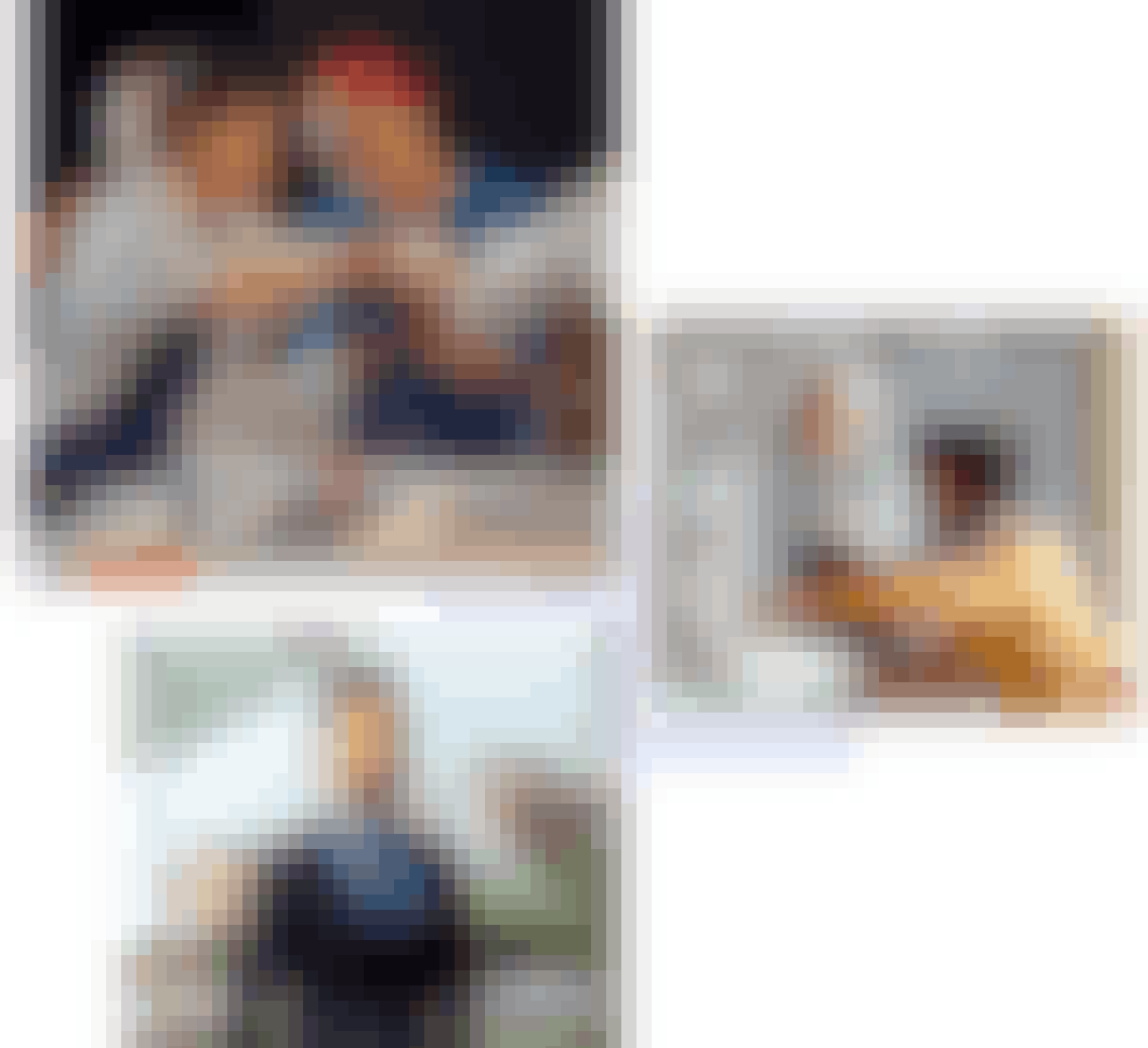¹Each university determines admission and the number of pre-approved prior learning credits that may count toward the degree requirements according to institutional policies, which may consider any existing credits you may have.
Explore Coursera

Learner outcomes on Coursera
From the Coursera community
168+ million people have already joined Coursera
Kenia R.
Ryan L.
Vishal V.
Drive your business forward by empowering your talent
Train teams with industry-leading experts and universities, enhanced by AI tools and recognized credentials.
Upskill a small team?Check out Coursera for Teams










Take the next step toward your personal and professional goals with Coursera.
Join now to receive personalized recommendations from the full Coursera catalog.
¹ Median salary and job opening data are sourced from Lightcast™ Job Postings Report. Content Creator, Machine Learning Engineer and Salesforce Development Representative (1/1/2024 - 12/31/2024) All other job roles (4/1/2024 - 4/1/2025)












